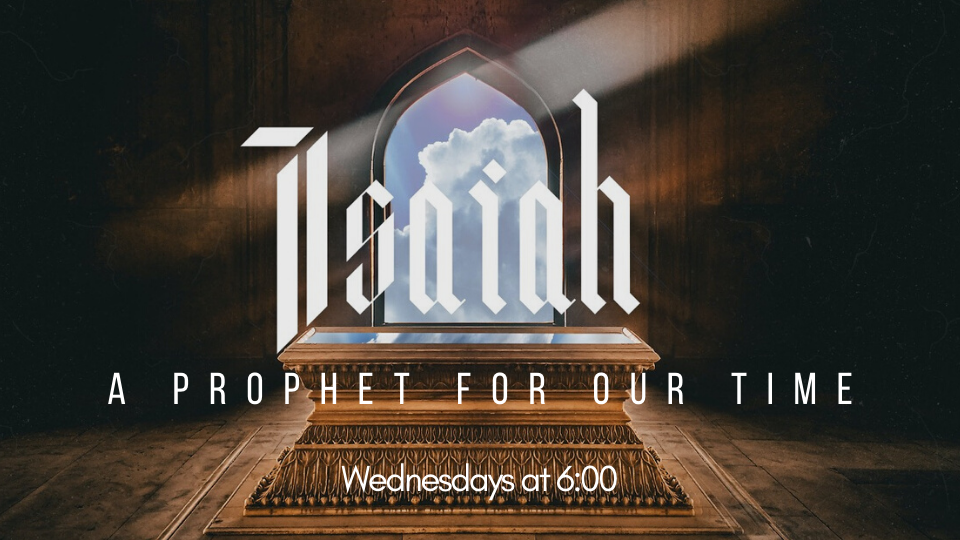Pride Is Always a Heart Issue

We are bound by our sin and inclined towards things like pride, arrogance, and self-sufficiency. As much as we might try to will ourselves to humility, we cannot. But Christ can and did as He humbled Himself, took on the likeness of humanity and submitted himself to the death we deserved. His death, burial, and resurrection provide an opportunity for those who will respond in faith, to become citizens of His kingdom. While we await entrance into that kingdom, we live our lives as a remnant left here to make known the gospel to those who have yet to believe.
Reflection
How is the problem of divine sovereignty and human responsibility addressed in this chapter? What are the two surprising aspects of God’s statement that He will “send” Assyria against a “godless nation”? Why do we have such a hard time with the idea that God uses wicked men to achieve holy ends? On what basis does God say He will judge Assyria for doing the very thing He sent them to do? What are some blind spots in our lives that may a source of pride? How can we be intentional about identifying those blind spots? What should we do once they have been identified?
